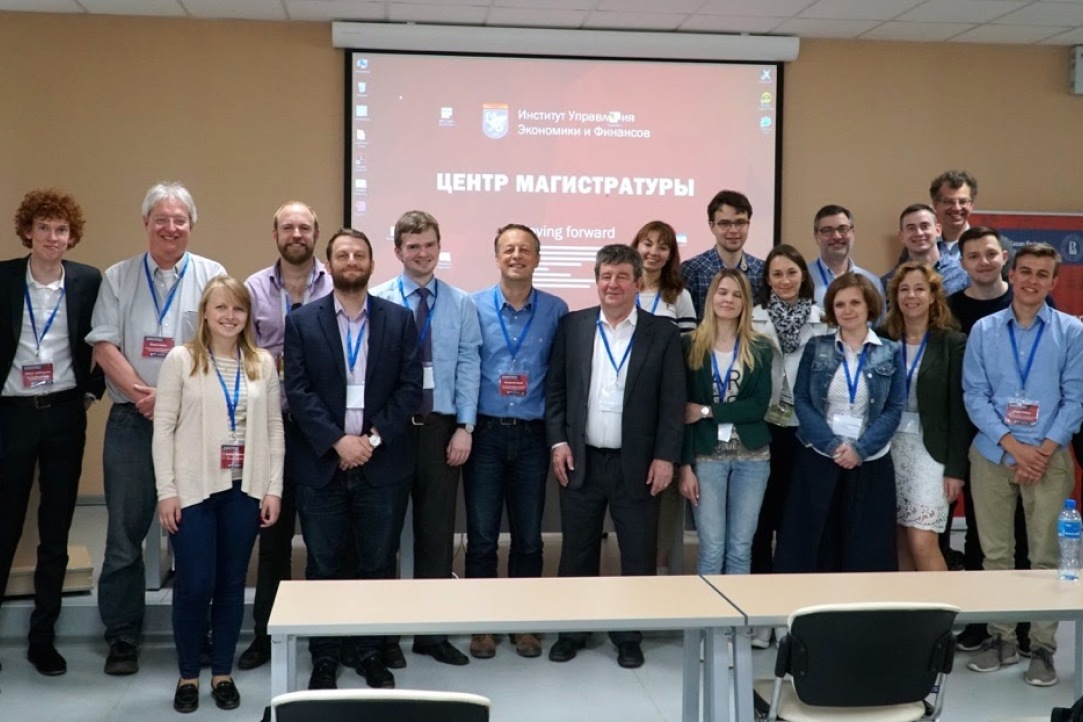On June 23 Zubova D.M. and Kodja E.A. took part in the "Culture matters" research seminar with the report on "Primary results of the field study on the problems of interethnic relations in Moscow and Crimea".
Tag "research projects"

On June 20 Dmitry Grigoryev took part in the "Culture matters" research seminar with the report on "Intergroup attitudes of Russians and discrimination of immigrants in the socioeconomic domain".
On June 15, 2017, the tenth Global Innovation Index was presented at the UN headquarters in Geneva. It includes the key indicators of innovative activities in 127 countries. Russia took 45th place in the ranking. Switzerland is leading the ranking for the seventh year in a row. Leonid Gokhberg, Director of HSE ISSEK, is a member of the GII Advisory Board and provides advice on the research underlying the index. He co-authored the analytical report that traditionally accompanies the index with ISSEK researcher Ilya Kuzminov.
The HSE ISSEK released its fifth Russian Regional Innovation Ranking at a press conference hosted by TASS. Almost half Russia’s regions are relatively stable in terms of innovative development: their positions in the ranking have not changed significantly. The Republic of Tatarstan, followed by Moscow and St. Petersburg, tops the Ranking.
Students from HSE ISSEK, Stanford University, and Rice University have researched how Russia and the US cooperate in cybersecurity and explored the nuances present in the approaches that each country takes in this area, including different understandings of cybersecurity-related terms. The research was conducted in 2016-2017 as part of the Stanford US-Russia Forum (SURF), a programme dedicated to developing US-Russia cooperation. Over a period of 8 months, 30 American and Russian students and young professionals worked on their projects.
Cambridge University Press has accepted a new monograph by Ronald Inglehart for publication in early 2018. LCSR is prepares Russian-language translation of the book.
Julian G. Waller, Ph.D Candidate at the Department of Political Science at the George Washington University and ICSID Visiting Researcher, presented his research on "Popular Perceptions and the De Facto Role of Political Parties in the Euromaidan Protests of 2013-2014" at another meeting of the regular ICSID-CSDSI Seminar on June 6, 2017. The event was held jointly with the HSE seminar on political economy.
On June 1 professor Nestik T. A. took part in the "Culture matters" research seminar with the report on "Techno-optimism and techno-pessimism as socio-psychological phenomena".
